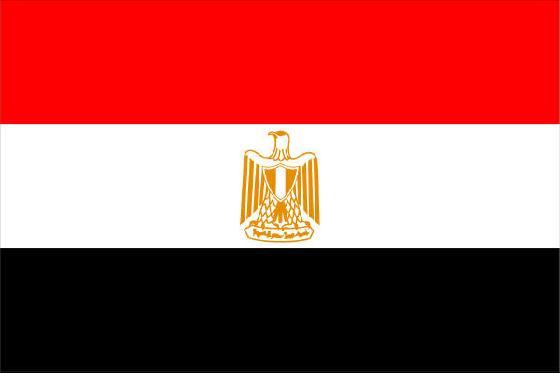NEWS FEATURE: Egypt fears loss of tourist dollars after bomb attack
 Cairo - Refaat al-Sheikh, like many of the shop owners in Cairo's Medieval Khan al-Khalili bazaar, on Monday sat idly on a wooden chair in front of his shop with a sad look on his face.
Cairo - Refaat al-Sheikh, like many of the shop owners in Cairo's Medieval Khan al-Khalili bazaar, on Monday sat idly on a wooden chair in front of his shop with a sad look on his face.
"The situation is as you can see," he told Deutsche Presse-Agentur dpa, gesturing at normally bustling market streets now populated mostly by police and journalists.
"First the financial crisis, and now this bomb?"
A few hundred metres away from al-Sheikh's shop in one of Cairo's main tourist attractions the previous night, a bomb blast killed a French tourist and wounded 21 other people, including a young Egyptian child.
Tourism, Egypt's most lucrative industry, brings around 10.8 billion dollars to the country every year, or 6.5 percent of Egypt's gross domestic product (GDP) in 2007-2008.
Those who depend most directly on tourism for their livelihood now fear that business, already damaged by the international financial crisis, will suffer further.
"The media reports were exaggerating what happened," said Ali al-Hadidi, who runs a souvenir shop nearby. "Today, a group of Americans came, and their guide refused to let them enter any of our shops. They only passed through the alley without turning right or left."
"I wish they'd had this amount of security yesterday," he said. "The security men were watching the football match at the time of the bombing."
Ihab Farag, who runs a tour company, said he feared the bombing could have long-term aftershocks for the tourism sector.
"The place where a terrorist operation is committed is usually blacklisted for some time," said Farag who has been in the industry for more than a decade.
After gunmen sprayed a tour bus with bullets in the southern city of Luxor in 1997, killing 63 people, tour guides cancelled visits to the site for a year.
"The irony was that it was safer to go then, than it had ever been. But tourists felt a psychological aversion to visiting the place where 63 people had been massacred," he said.
He said he and his colleagues at tour companies were being bombarded by emails from tourists asking if it is still safe to visit Egypt.
"The impact of the bombing will not be clear before two weeks' time. If the Western media keep highlighting the issue, it will be more likely to have a stronger impact on the tourism industry," Farag said.
Meanwhile, Egyptians who work in tourism are keeping a nervous eye on the US State Department's travel advisories. If the United States issues a warning against travelling to Egypt, they say, other countries may follow.
Omaima al-Husseini, a spokeswoman for Egypt's Tourism Ministry, told dpa that while it is still early to assess the impact of the bombing on tourism, "the ministry's utmost priority now is the safety of those injured in Sunday's bombing."
"The tourist minister is now visiting some of the wounded in Cairo hospitals to check on their health," she said.
And for the moment, the blast seems not to have prompted tourists staying in the vicinity of the attack to flee.
"No tourists checked out after the bombing," hotelier Said Radwan, told dpa. "No one took their bags and left."
German engineer Stephan Mueller, 45, who was out for a stroll near the scene of the attack on Monday, told dpa, "It is a good day to come when the bazaar is empty. I will continue to live normally. The incident will not affect me, no."
"This the safest place to come to in Egypt, with all this security surrounding the place," said Rod Lamirand, a 49-year-old Canadian teacher, said. "Plus, we want to see as many places in Egypt as we can before it gets too hard."
King Mac, a US retiree at the end of a two-week holiday in Egypt with his wife, likewise did not seem concerned.
"It's safe here, and so is everywhere else," Mac said. (dpa)